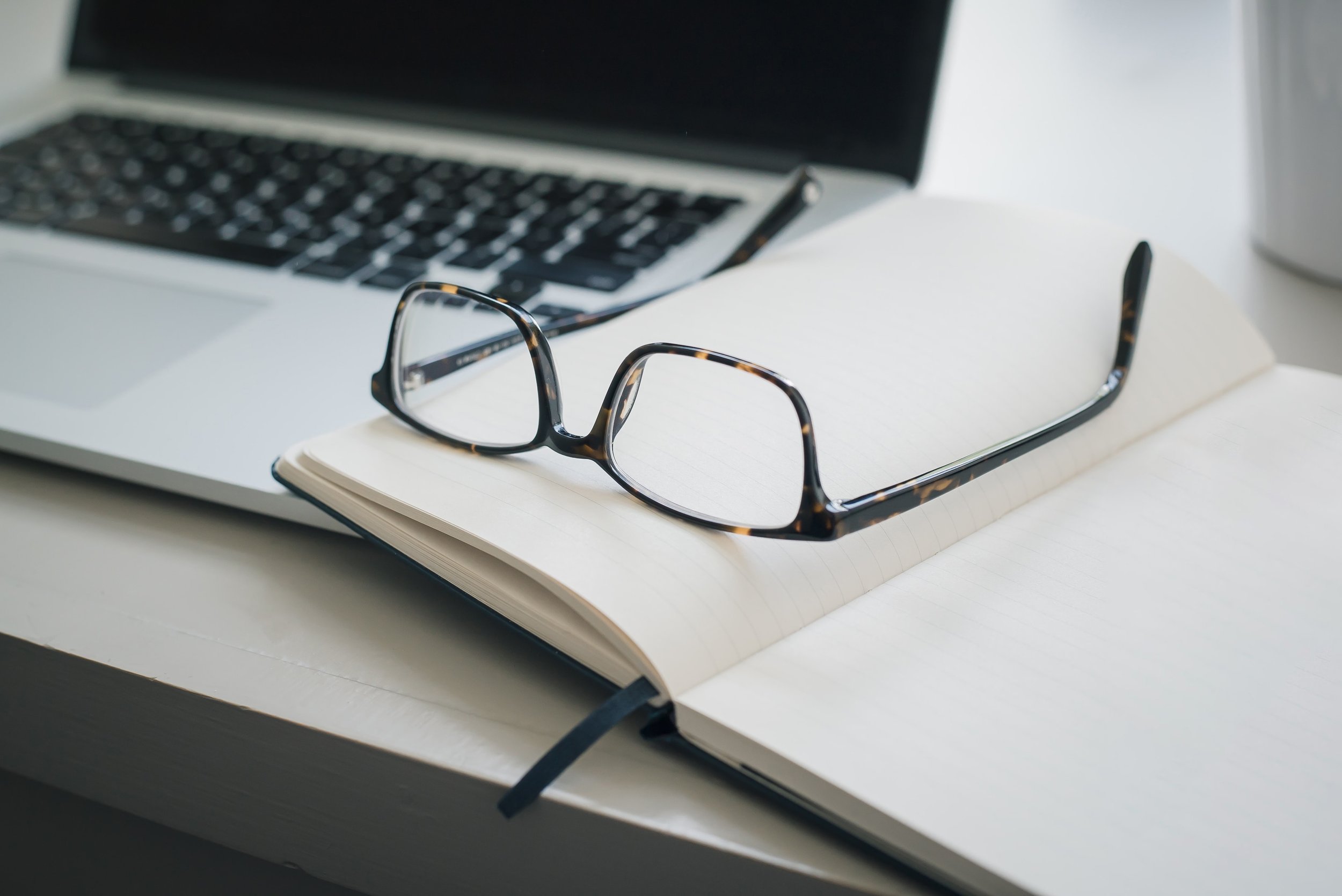
Professional and persuasive research, drafting, and motion practice, when you need it.
Motions, Briefs, and Agreements
Motions, pre- and post-trial briefs, orders to show cause, and the oppositions and replies thereto, serve dual purposes in litigation. First, when submitting a motion, most obviously, you are asking the court to either grant or reject relief that was important enough to warrant a labor-intensive motion, and contentious enough that it could not be resolved via negotiation.
The second reason motions are so important is indirect, but I believe, absolutely vital to keep in mind in conducting litigation effectively: motions give attorneys the chance to lay out the narrative of the case to the court in a clear, compelling, and concise format. Motion practice is the attorney's first and best chance to tell a story. This is true from both the factual and legal side - the court will take away from your motion more than just a summary of the pending dispute. If done correctly, the court will also understand your prevailing legal theory underlying the case, and how the equities balance out on both sides. In short, motion practice is wildly important.
Pre- and post-trial briefs are equally important, and can either set a narrative and legal theory going forward, or provide the court with a persuasive framework with which to analyze a lengthy and complicated fact-finding process.
As a writer and researcher, I have worked since law school to improve and refine my ability to draft persuasive and highly readable affidavits, affirmations, and memorandums of law for judges to consider. I do not take legal writing lightly, and at my previous jobs, I was the go-to "motion guy" at the firm. I review previous decisions from the judge, I study the issues inside and out, and I work with clients and lead attorneys to develop narratives that are easy to digest and backed up by factual evidence and solid legal precedent. And frankly, I enjoy doing it.
I'll be blunt: there have been more than a few times in my career as an attorney that I read a motion or opposition from an adversary and found myself thinking, "They didn't put the time into this that they should have." That matters greatly in litigation. A poorly phrased sentence or a case left uncited can have enormous ramifications down the line. And of course, a strong motion that lays the facts and legal theory on the table can push a case toward settlement in a way that few other things can.
I have also drafted dozens of settlement agreements, and have developed an ability to synthesize complex settlement terms into language that is concise and thorough, and most importantly, enforceable.
Legal Research
Lawyers understand that even the slightest variation in a given fact pattern can entirely alter the legal basis for a claim or defense. And even the most dedicated attorney can only dig through case law for as long as their schedule allows. What happens when you absolutely need to know the ins and outs of a legal issue, and the arguments for and against your client's position - and time is running short? I'm here to help.
I provide attorneys with meticulous legal research organized in a clear, readable, and easy-to-digest memorandum of law. I also strive to help attorneys use the research I gather in a practical and efficient way. For example, I draft talking points and persuasive formal arguments for court appearances, and I always talk through all of my research with attorneys until every question and hypothetical is confronted and answered.
If a client comes to you with a particularly tricky or specific problem and needs an answer fast, your schedule shouldn't mean you can't provide them the best advice possible when they want it. We can work together to thoroughly review and consider all legal issues that crop up in your practice.
